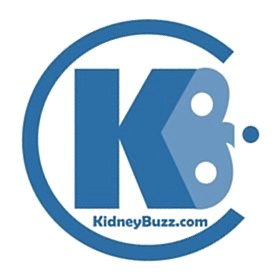The high cost of prescription drugs has become a major concern for patients suffering from Chronic Kidney Disease (CKD) and those undergoing Dialysis. The burden of high drug prices is felt especially acutely by these patients, as they often require a range of medications to manage their condition and maintain their health. To address this issue, the US government has imposed penalties on drugmakers who raise their prices beyond the rate of inflation.
Drugmakers have come under fire for their pricing strategies, which have been criticized for being excessively high and placing a significant financial burden on patients. In response, the government has taken action to curb price hikes and ensure that drug prices remain affordable for all patients, including those with CKD and undergoing Dialysis.
Under the new regulations, drugmakers must provide justifications for any price increases that exceed the rate of inflation. The government can then penalize those who fail to provide a valid explanation, or who increase their prices excessively. Penalties may include fines, reduced Medicare and Medicaid reimbursement rates, and other consequences that can impact a drugmaker's bottom line.
For patients with CKD and those undergoing Dialysis, these penalties could result in lower drug prices and improved access to the medications they need. This will help to ensure that they receive the best possible care and are able to manage their condition effectively.
The penalties are a step in the right direction towards making prescription drugs more affordable for all patients. By taking action against drugmakers who engage in excessive price hikes, the government is working to ensure that patients with CKD and those undergoing Dialysis have access to the medications they need to maintain their health and manage their condition effectively.
In conclusion, the penalties for price hikes above inflation are a welcome move for CKD and Dialysis patients, as well as for all patients who rely on prescription drugs. By ensuring that drug prices remain affordable, patients can receive the care they need to manage their condition effectively, and enjoy a better quality of life.
Subscribe
Subscribe to the KidneyBuzz Diet Newsletter to help improve diet, maintain kidney function, and build greater energy levels, if possible.


























A study supported by the National Institutes of Health found that people who experienced acute kidney injury (AKI) during a hospitalization, including those admitted with AKI or who developed AKI in the hospital, were more likely to revisit the hospital or die shortly after discharge, compared to people hospitalized without AKI. AKI is a sudden loss of kidney function that usually lasts for a short time. The research, funded by NIH’s National Institute of Diabetes and Digestive and Kidney Diseases (NIDDK), was published in the American Journal of Kidney Diseases(link is external)